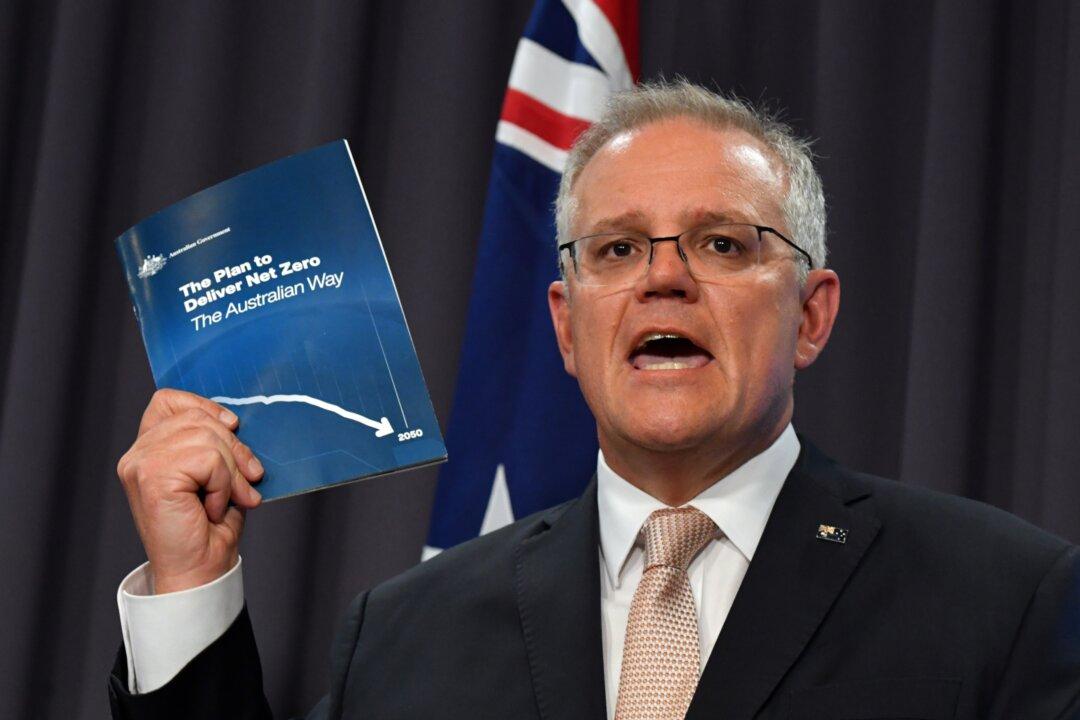Australian Prime Minister Scott Morrison has downplayed talk of division within the ranks of the coalition Liberal-National Party on the issue of net-zero carbon emissions commitments.
The catalyst for the debate was the Coalition’s candidate for the Queensland seat of Flynn, Colin Boyce, who said on April 26 that there was “wiggle room” in the Australian government’s commitment to decarbonising the economy by 2050.





